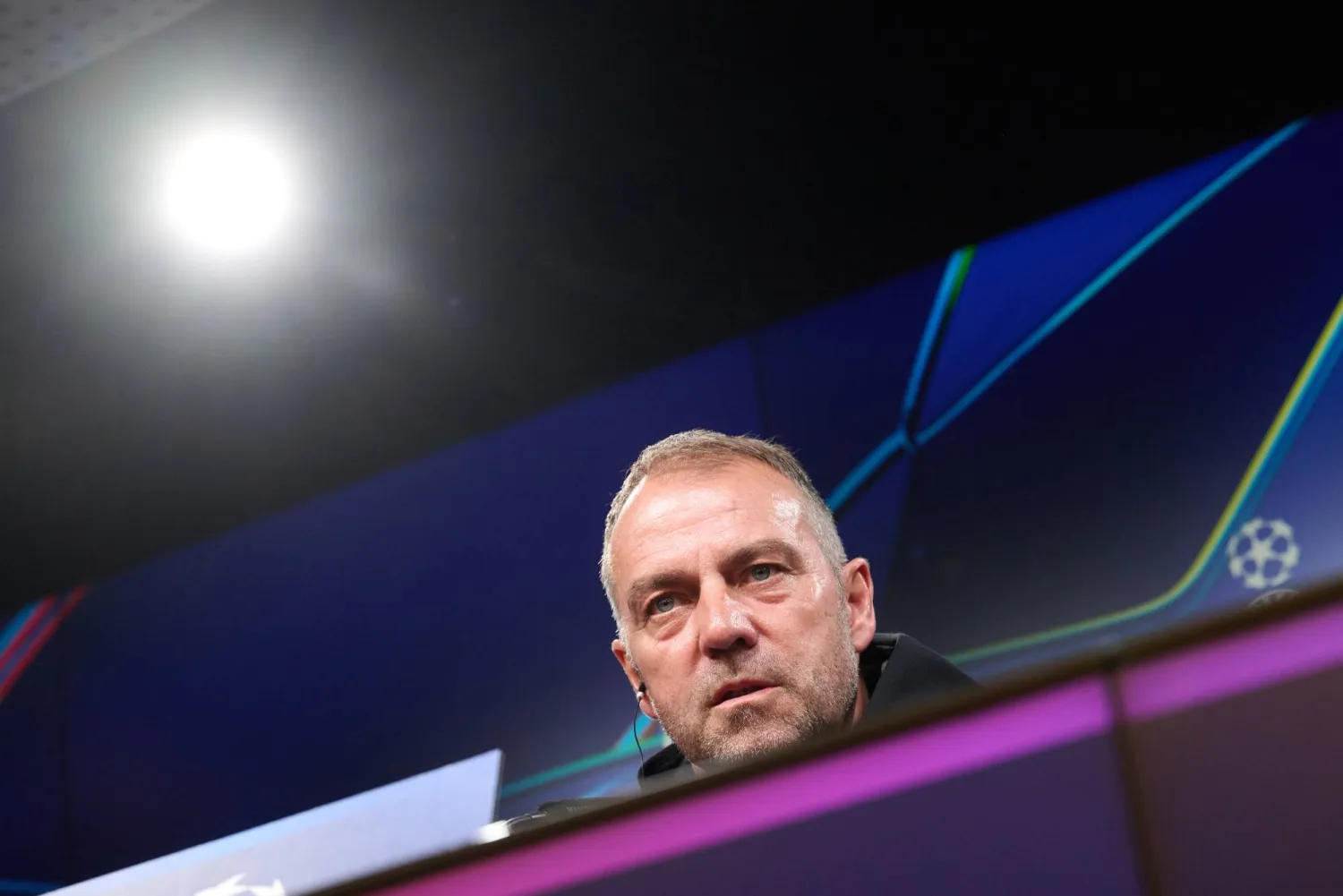When Sunderland AFC take on Portsmouth in the promotion playoff semi-finals this weekend, it won’t just be diehard fans cheering them on. Local businesses also have a vested interest in how the team fares. “When morale’s high, people spend – but when it’s low they don’t,” says Andy Bradley, director of the Bridges, a bright, mall-style shopping centre in the heart of Sunderland. “If the team does well, parents spend their money on treats for the kids.”
The success of a football club can have a material impact on a city’s economy. When Leicester became Premier League champions in 2016, takings at the city’s tills rose appreciably, with the economic forecasting group EY estimating that the title triumph contributed a fairly immediate £140m to the local economy.
Relegation can have the opposite effect. After a decade in the Premier League the club’s two successive relegations, in 2017 and 2018, as documented in the Netflix series Sunderland ‘Til I Die, represented more than a hammer blow to sporting pride – they were a shock to the city itself. Bradley is among those feeling the pain. “Our footfall’s down 4% year-on-year,” he says.
“Without a shadow of a doubt, Sunderland’s relegations have affected us. Crowds dropping from an average 40,000 plus means fewer fans paying to park in our car parks, buying petrol and using the rest of the city’s economic infrastructure. Relegation affects morale.”
Not everyone has suffered equally from the team’s woes, however. The Hilton Garden Inn, which sits in the stadium’s precincts, has benefited from lower division sides staying in the hotel before games; Premier League teams invariably overnight in Newcastle.
Conversely, small businesses such as the seafront bed and breakfasts in nearby Roker suffer from the fact that Premier League clubs have more travelling supporters than lower division counterparts, so demand for accommodation drops.
Meanwhile, the blow to local takeaways, taxi firms and pubs has been softened by the team’s relative success in League One. “Because Sunderland are winning more games, supporters are smiling,” says one publican. “And when they smile, they spend.”
Despite its broad, sandy beaches, Sunderland is no tourist mecca, but its digital software sector has grown fast and major city centre regeneration is under way. Assorted projects include the Beam, a £20m scheme to create high quality office space and leisure facilities on the long disused site of the former Vaux Brewery.
A short drive away, the International Advanced Manufacturing Park sits opposite the Nissan car plant and, courtesy of £400m worth of planned private sector investment, is due to create 7,000 jobs.
However, Paul Swinney, director of policy and research at the Centre for Cities thinktank, warns of economic contradictions. “Sunderland’s in the strange position that it’s got higher employment than in the late 1970s,” he says. “The problem is that a lot of jobs are low-wage; the challenge is to create more high-skilled, higher-wage roles and continue regenerating a city centre which is still not as attractive as we’d like.”
Swinney, who grew up on Wearside, will be cheering Sunderland as they head into the League One promotion playoffs, but he does not believe the health of the region’s wider economy hinges on the fortunes of its football club.
“Sunderland AFC has massive brand value and means a lot to a lot of people,” he says. “The glitz of the brand makes people assume it has a much larger impact on the local economy than it actually does.”
Although attendances at the 49,000-capacity Stadium of Light have dipped from Premier League days, they have averaged almost 32,000 this season, higher than many top-flight teams. Swinney suspects some of the money saved by stay-away fans is spent elsewhere in the city.
“If people don’t go to the match they might eat out instead,” he says. “While match-day spending is vital to certain businesses, such as pubs around the ground, it plays a fairly small role in the overall local economy.
“Hotels, restaurants and pubs contribute 13% to Sunderland’s economy each year. Match-day-related spending – taking place around 23 days a year – is likely only to be a small fraction of that. The club is high-profile and recognised well beyond these shores. But its wider economic role is comparatively small.”
Mark Gregory, EY’s UK chief economist, says relegation typically stems the flow of fans travelling from overseas. “Some local businesses are hit directly in the aftermath of a relegation but the indirect effect of reduced spending is often felt more widely over time,” he reflects.
“Cities typically lose out on exposure to international television – Premier League matches are broadcast worldwide – and this tends to have some, albeit slight, impact on local businesses, especially those operating internationally. Some cities have also seen student interest fall.”
Sunderland University is thriving. Prof Lawrence Bellamy, dean of the faculty of business, law and tourism, believes certain repercussions of relegation can be exaggerated. “Football’s much less important to this city’s economy than advanced manufacturing,” he says.
Wearside firms have benefited from Sunderland AFC’s sale last summer, with Stewart Donald, the new owner, rekindling grassroots relationships sometimes overlooked by his billionaire American predecessor, Ellis Short. Donald has helped launch a networking club for local companies, facilitating, among other things, community investment through the football club’s charity, Foundation of Light.
“With relegation came a new level of local business involvement with the club,” says Natasha McDonough, chair of the North East Chamber of Commerce’s Sunderland committee, and owner of a marketing company. She previously worked in Los Angeles and London but says she has “never looked back” since relocating to Wearside.
And next month, the reunited Spice Girls perform at the Stadium of Light. Around 30,000 people from outside Sunderland are expected to attend the first in a set of summer concerts the city council predicts will deliver £4m to the local economy.
Bradley will be hoping such visitors limber up for the show with a spot of retail therapy at the Bridges.
The Guardian Sport









